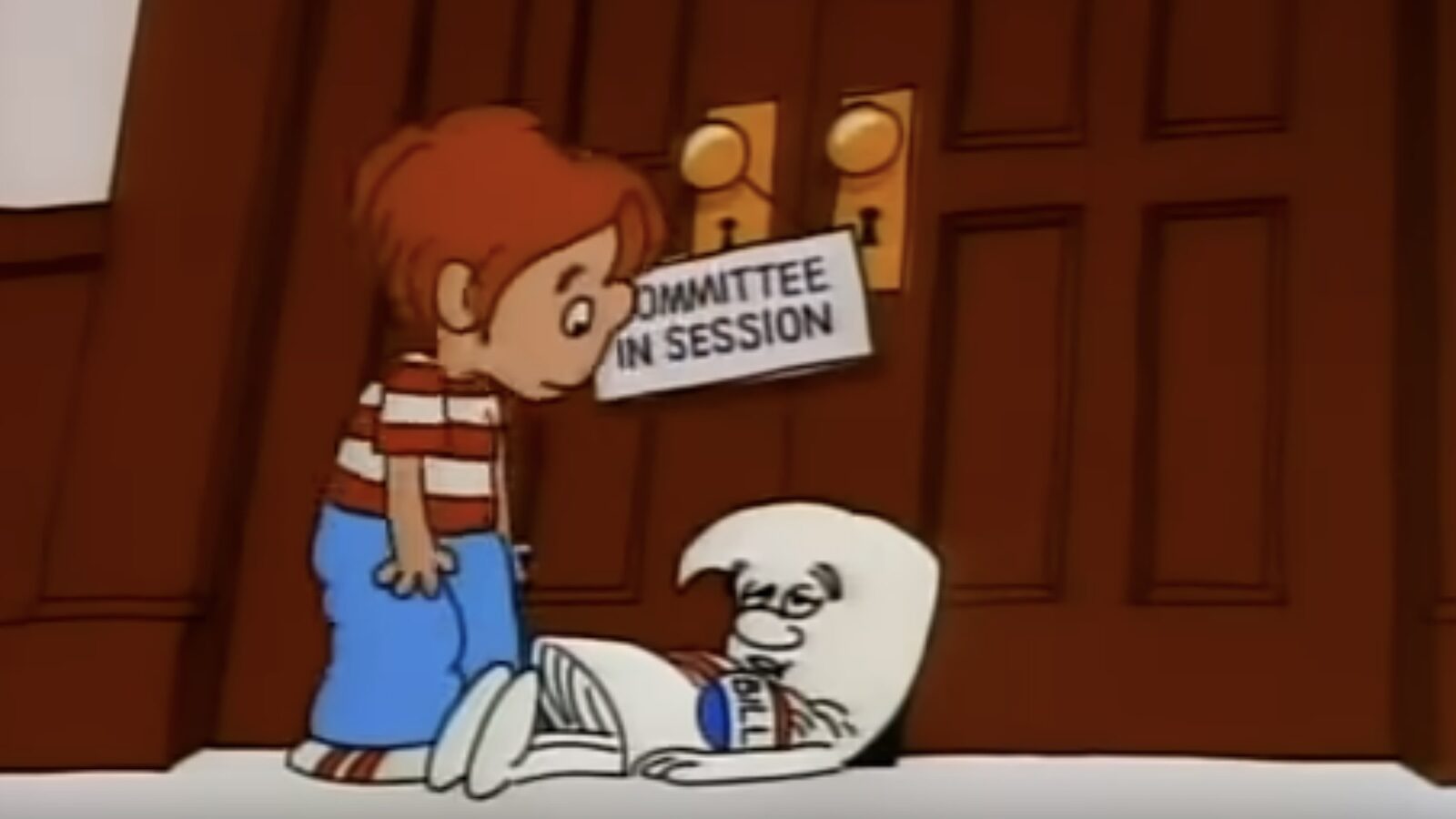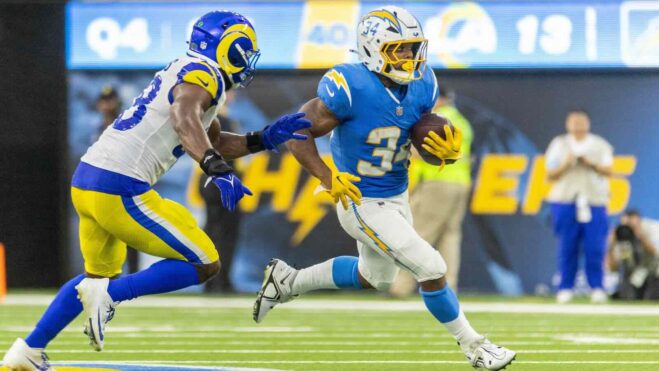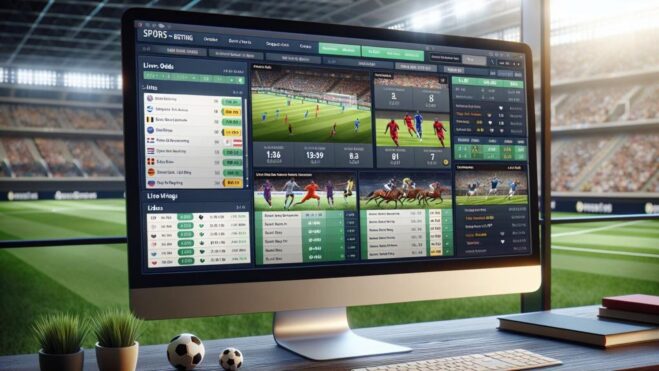Today They’re Just A Bill: A Flurry of Legislative Gaming Filings
State legislators again are taking on the challenge of expanding the internet casino market for 2025
4 min

With the turning of the calendar year comes optimism in most any endeavor. Stage legislatures are no different when it comes to internet casino gaming and sports wagering as a flurry of bills nationwide have been filed in attempts to expand a still-growing market.
Casino Reports has been gamely trying to keep up with these state-by-state machinations, and here is a rundown of what is going on, perhaps in your backyard:
Indiana: Optimism abounds once more
The Hoosier State was among the first to launch sports wagering post-PASPA and has consistently punched above its weight. Indiana closed out 2024 by becoming the eighth state to surpass $20 billion in all-time handle and has surpassed $1.75 billion in sports betting revenue.
Legalizing internet casino gaming has been a tougher slog. There was a moratorium on such bills last year after former Rep. Sean Eberhart pled guilty in November 2023 to a federal charge of conspiracy to commit honest services fraud. The U.S. Attorney’s Office for the Southern District of Indiana said Eberhart used his position to vote in favor of “terms favorable” for Spectacle Gaming to relocate two casinos in the state in exchange for a position with Spectacle for a $350,000 annual salary.
The 2024 moratorium came after internet casino bills failed to advance out of committee from 2021-23. Rep. Ethan Manning, who chairs the House Public Policy Committee, filed House Bill 1432 last week, and it was referred to his committee Tuesday. Manning filed a similar bill in 2023 while serving as chair but did not bring it up for a vote in committee.
Manning’s bill would allow riverboat casino owners and operators up to three online skins (unique brands). Revenue would be taxed at 26% for the first year before switching to progressive rates with a floor of 22% and a ceiling of 30% based on operator revenue.
The initial license fee is $500,000, with an annual renewal fee of $50,000. There would also be an annual $250,000 fee per licensee dedicated to problem gaming resources.
Massachusetts: iGaming bills in sync
The Bay State has iGaming bills in both chambers that appear to be in sync written by Rep. Daniel Cahill (HD 4084) and Sen. Paul R. Feeney (SD 2240). Both call for a 20% tax on adjusted gross revenue and an initial temporary license fee of $1 million. Operators would then pay $5 million for a 5-year license and can renew those licenses for 5-year periods at a cost of $5 million.
The two bills also provide a sliding scale of allowed promotional deductions after an initial period from passage through the end of 2027 in which operators can deduct “all promotional credits used by patrons.” For an 18-month period starting in January 2028, operators would be limited to deductions equaling 2.5% of handle, which then declines by one-quarter of a percentage point every 12 months to 1.75% effective July 2031.
The relatively standard proposals of the two iGaming bills are in stark contrast to the one filed by state Sen. John Keenan looking to overhaul sports betting in Massachusetts, which included raising the tax rate from 20% to 51%.
Virginia gets put on pause
Virginia State Sen. Mamie Locke, who filed SB 827 on New Year’s Eve looking to legalize internet casino gaming in the Old Dominion, requested the Senate Subcommittee on Gaming to postpone a hearing on her bill Tuesday according to the Virginia Mercury.
Locke cited the need for more research in requesting the postponement and hoped to have a bill ready for consideration in 2026. Locke called for a 15% tax on adjusted gross operator revenue, with the rate and specific allocations matching the current tax methods on sports wagering in the state.
The most distinctive part of Locke’s bill was that an operator had to be offering iGaming in at least three states to be eligible for a license in Virginia.
New York: Addabbo takes another cut at iGaming
Home to the biggest current operating market in the U.S. for sports betting, New York Sen. Joseph Addabbo is making a third attempt to bring iGaming to the Empire State. Addabbo is proposing a 30.5% tax on gross gaming revenue, which is slightly more than double New Jersey‘s 15% rate.
The neighboring Garden State generated $358.3 million in tax revenue from nearly $2.4 billion in internet casino operator revenue. New York has double the population of New Jersey, and a tax rate of more than double could see a potential tax windfall of $1.5 billion annually into the state coffers.
New York’s nine mobile sportsbooks paid $1.04 billion in taxes in 2024 based on the state’s 51% rate.
Connecticut: Tweaks to sports betting
The Nutmeg State has a simple set-up when it comes to mobile sports betting. Titans FanDuel and DraftKings operate through agreements with the Mohegan and Mashantucket Pequot tribes, respectively, while Fanatics conducts both online and retail wagering via the Connecticut Lottery.
The $224.1 million in gross revenue generated in 2024 was up 28% from 2023, outpacing the 24.1% rise in handle to nearly $2.2 billion. State Rep. Tony Scott has filed five bills in the statehouse, seeking enhancements and adjustments versus an overhaul.
Of the five, the most interesting one is HB 5564, which proposes a maximum hold for operators. Scott did not define what the maximum hold would be, but Connecticut’s operators combined for a healthy 10.2% hold on gross revenue in 2024. The all-time hold in 39 months of wagering in Connecticut since launch in October 2021 is 9.7%.
HB 5563 would allow Connecticut bettors to wager on in-state colleges throughout the season as opposed to the current law limiting such bets to tournament settings.
Scott’s other filings would allow bettors to opt out of viewing certain wagers, create a requirement for two-way markets on all wagers, and require operators to correct errors, cancel wagers impacted by the error, and refund bettors impacted by said error.
Elsewhere around the nation
Mississippi, which saw sports betting revenue dip 18.8% compared to 2023 as bordering states Louisiana and Arkansas embraced mobile wagering, will again try to add an online presence of its own. State Rep. Cedric Burnett filed HB 682 last week as the Magnolia State will take mobile betting under consideration for the second consecutive year.
The land-based sportsbooks claimed $41.6 million in revenue from $452.4 million handle in 2024, while the estimated $5.1 million in tax receipts — Mississippi taxes revenue at 12% — was more than $1 million less than 2023.
Nebraska Sen. Stan Clouse is also looking to expand his state’s sports betting market into the mobile space, having filed LB 421 last week. His bill would also remove the current ban of wagering on in-state schools, giving bettors the chance to wager on Nebraska football and basketball as well as Creighton basketball.
An initial license would cost $1 million, payable over five years, and Clouse is looking to make changes to how the tax revenue is distributed. Nebraska taxes gaming revenue at 20%.
Lastly, North Dakota lawmakers have entered House Concurrent Resolution 3002, looking to put legalizing sports betting on the ballot in 2026. The resolution is light on specifics, but notes that tax revenue from sports wagering “must be appropriated for the benefit of kindergarten through grade twelve public schools.”






